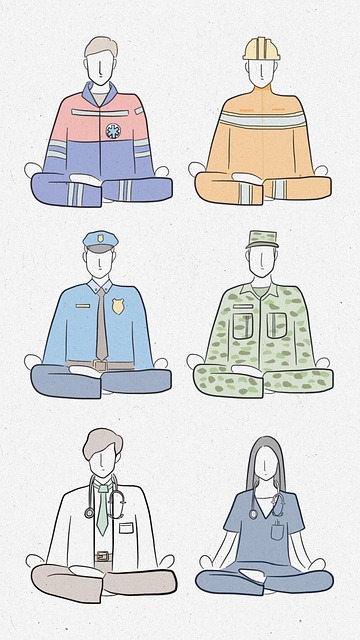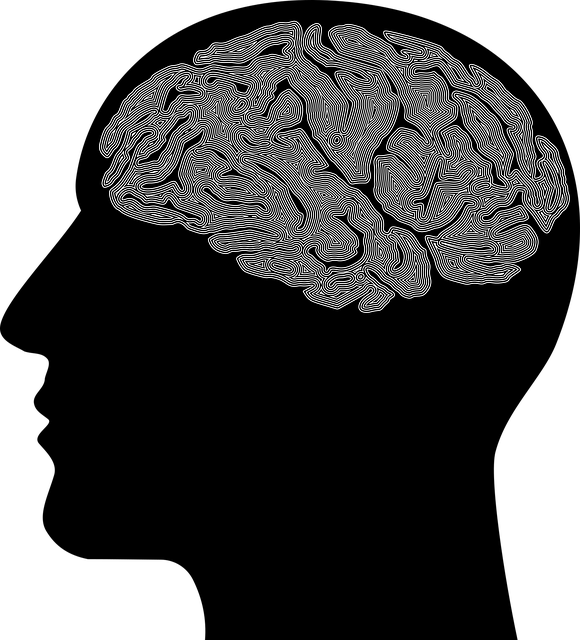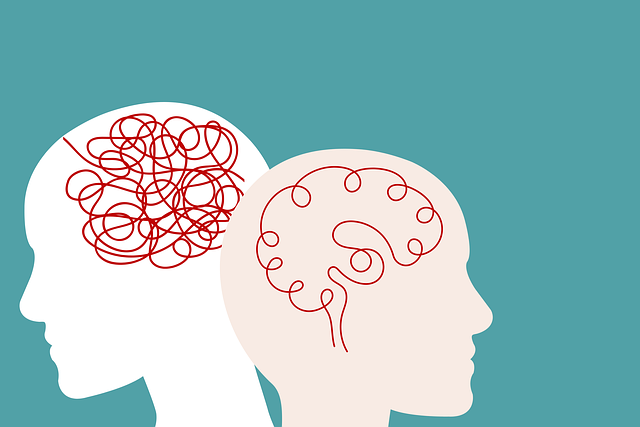Mental health evaluations are vital for young children as they often struggle to express their emotions and experiences verbally. These assessments, combined with strategies like empathy building, open communication, and confidence-boosting activities, create safe spaces for kids to learn coping skills, stress management techniques, and develop a sense of belonging. Early intervention through accurate mental health evaluations is crucial for identifying challenges like anxiety, depression, and trauma from adverse childhood experiences (ACEs), leading to tailored therapy such as play therapy, art therapy, and mindfulness practices, ultimately enhancing overall well-being and resilience.
Mental wellness is a vital aspect of a child’s overall development, yet many young individuals struggle with unaddressed challenges. This article delves into the importance of mental health evaluations for children and explores group facilitation techniques as a powerful therapeutic approach. We examine common mental wellness concerns in youth, highlighting the benefits of group therapy, including enhanced support networks and improved communication skills. Through practical strategies, we guide facilitators on creating engaging activities, fostering open dialogue, and managing group dynamics to ensure every child feels safe and heard, ultimately revolutionizing their mental health journey.
- Understanding Mental Wellness in Young Children
- – The significance of mental health evaluations for children
- – Common challenges and concerns in childhood mental wellness
Understanding Mental Wellness in Young Children

Understanding mental wellness in young children is a crucial step in facilitating effective group sessions for their holistic development. Many challenges that adults face can manifest differently in children, often going unnoticed due to their limited ability to articulate emotions and experiences. Mental health evaluations play a vital role in identifying these issues early on, allowing for timely intervention. Young minds are malleable, making therapy for young children an incredibly powerful tool for growth.
Facilitators must employ empathy building strategies to create safe spaces where children feel heard and understood. By fostering open communication, facilitators can help children develop essential coping skills, including stress management techniques. Additionally, confidence boosting activities within group settings encourage participation, nurturing a sense of belonging and self-worth. These strategies collectively contribute to the overall well-being of young participants, ensuring they grow up with the resilience needed to navigate life’s challenges.
– The significance of mental health evaluations for children

Mental health evaluations are a crucial step in understanding and addressing the well-being of young children. These assessments provide valuable insights into a child’s emotional, behavioral, and cognitive development, helping professionals identify potential issues early on. By implementing therapy for young children tailored to individual needs, mental wellness coaching programs can be developed to support their growth.
Comprehensive mental health evaluations ensure that children receive the appropriate care and guidance. It involves a multi-faceted approach, including observations, interviews, and standardized assessments, to capture the child’s current state. This process is essential in designing effective mental health education programs that foster emotional regulation skills, enhance resilience, and promote overall mental wellness.
– Common challenges and concerns in childhood mental wellness

Many young children face significant challenges that impact their mental wellness. Common issues include anxiety, depression, and trauma stemming from adverse childhood experiences (ACEs). These problems often go unnoticed or undiagnosed due to children’s limited ability to express themselves verbally. Accurate mental health evaluations for young children are crucial as they can help identify underlying struggles early on, enabling effective therapy for young children.
Early intervention through appropriate therapy for young children is essential for addressing these concerns and fostering healthy development. Stress reduction methods tailored for kids can include play therapy, art therapy, and mindfulness practices. These approaches not only support mental wellness but also enhance communication skills and emotional regulation, which are vital components of a child’s overall well-being and future success in navigating life’s challenges.
Mental health evaluations are crucial for identifying and addressing the unique challenges faced by young children. By understanding these issues early, facilitators can implement effective therapy techniques within group settings. Through tailored support, these strategies foster a sense of belonging and enhance the mental wellness of young folks, empowering them to navigate life’s complexities with resilience.














